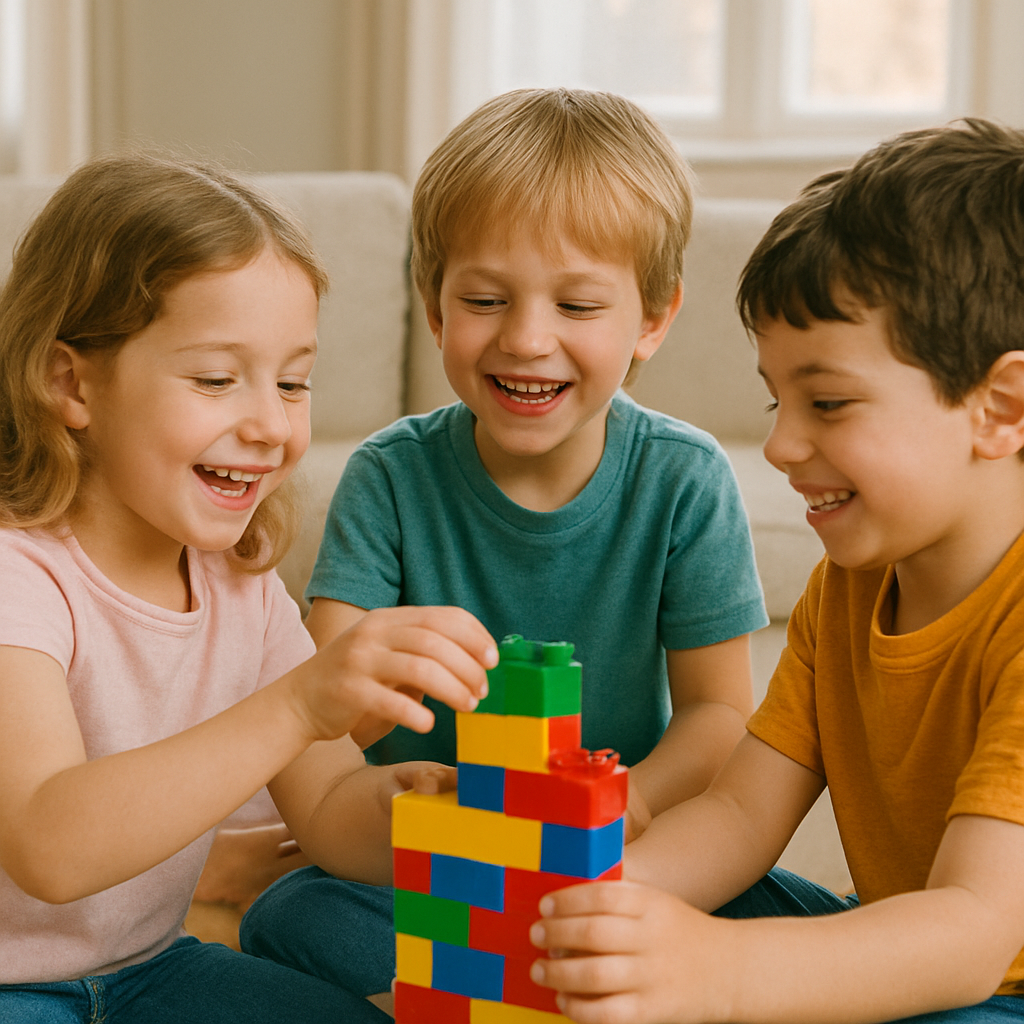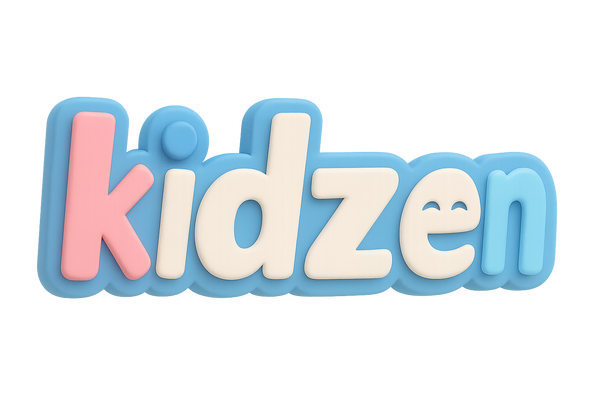
The Power of Peer Play: Why Kids Need to Play with Other Kids
Share
Play is more than just fun for children—it’s how they learn to navigate the world. And while solo play or guided activities with adults have their place, peer-to-peer play holds a unique role in cognitive, social, and emotional development. Numerous studies have shown that playing with other children promotes empathy, communication, conflict resolution, and even executive functioning.
A landmark study published in Developmental Psychology (Lillard et al., 2013) found that children who frequently engage in cooperative peer play demonstrate significantly higher levels of self-regulation and perspective-taking, both key indicators of future academic and social success.
💡 Key Benefits of Peer Play:
-
Social-Emotional Growth: Playing with peers teaches children to negotiate, take turns, share, and resolve disagreements—all essential for emotional intelligence.
-
Language Development: Conversational back-and-forth in play enhances vocabulary, storytelling, and comprehension.
-
Creativity and Imagination: Free peer play encourages role-playing, pretend scenarios, and problem-solving, building flexible thinking.
-
Reduced Anxiety: Social play helps children feel accepted and supported, lowering cortisol levels and stress.
-
Leadership and Empathy: Switching roles in play nurtures both confidence and compassion.
Research in Early Child Development and Care (2021) also emphasizes that children involved in frequent peer play tend to form stronger bonds and show better classroom behavior, suggesting lasting benefits beyond playtime.
👩👧 The Role of Parents
Interestingly, studies show that parents who create opportunities for peer interaction—such as playdates, group activities, or playground visits—help their children become more socially adaptable (Ginsburg, 2007). Facilitating these moments is a meaningful way to support a child’s mental health and interpersonal skills.
